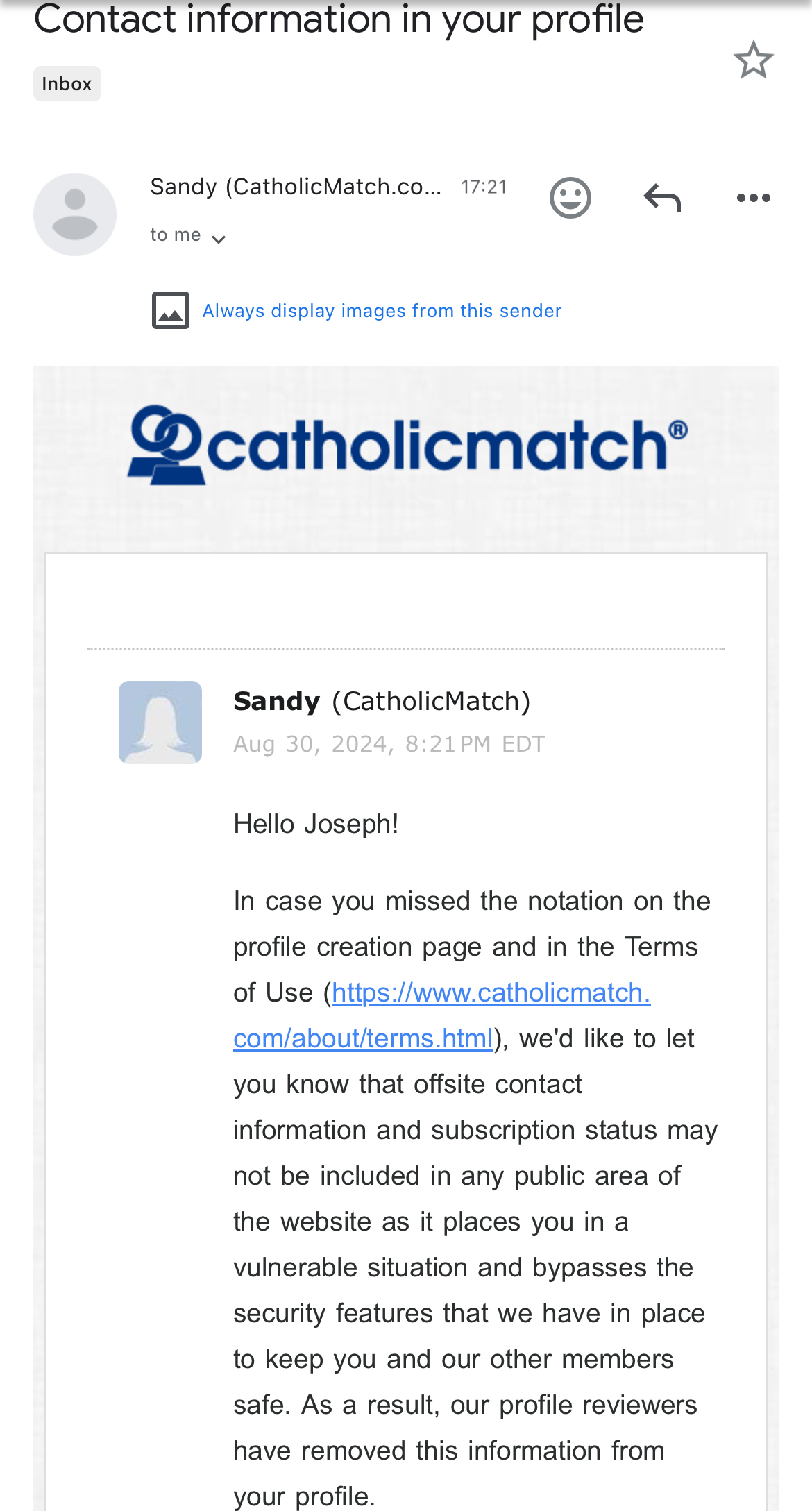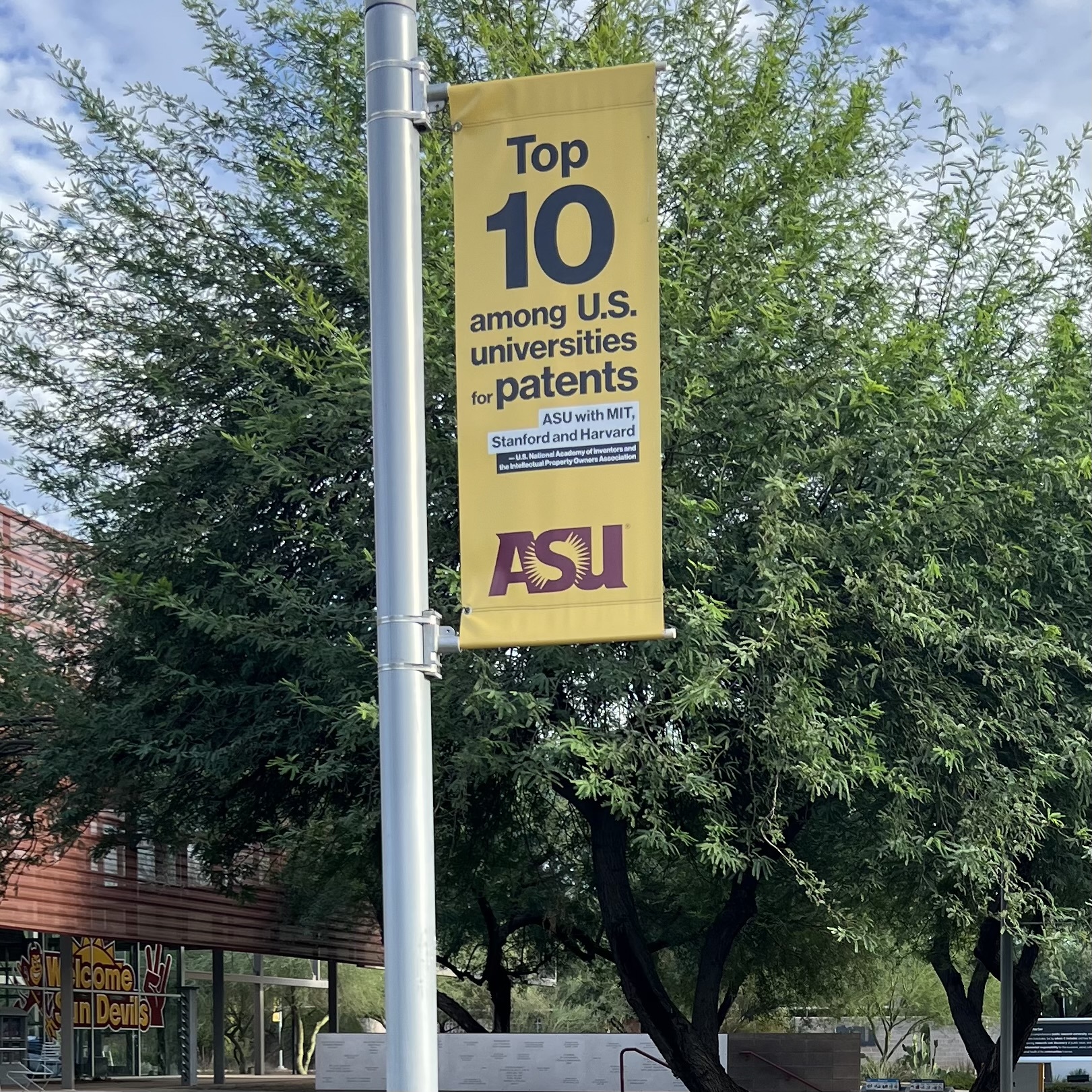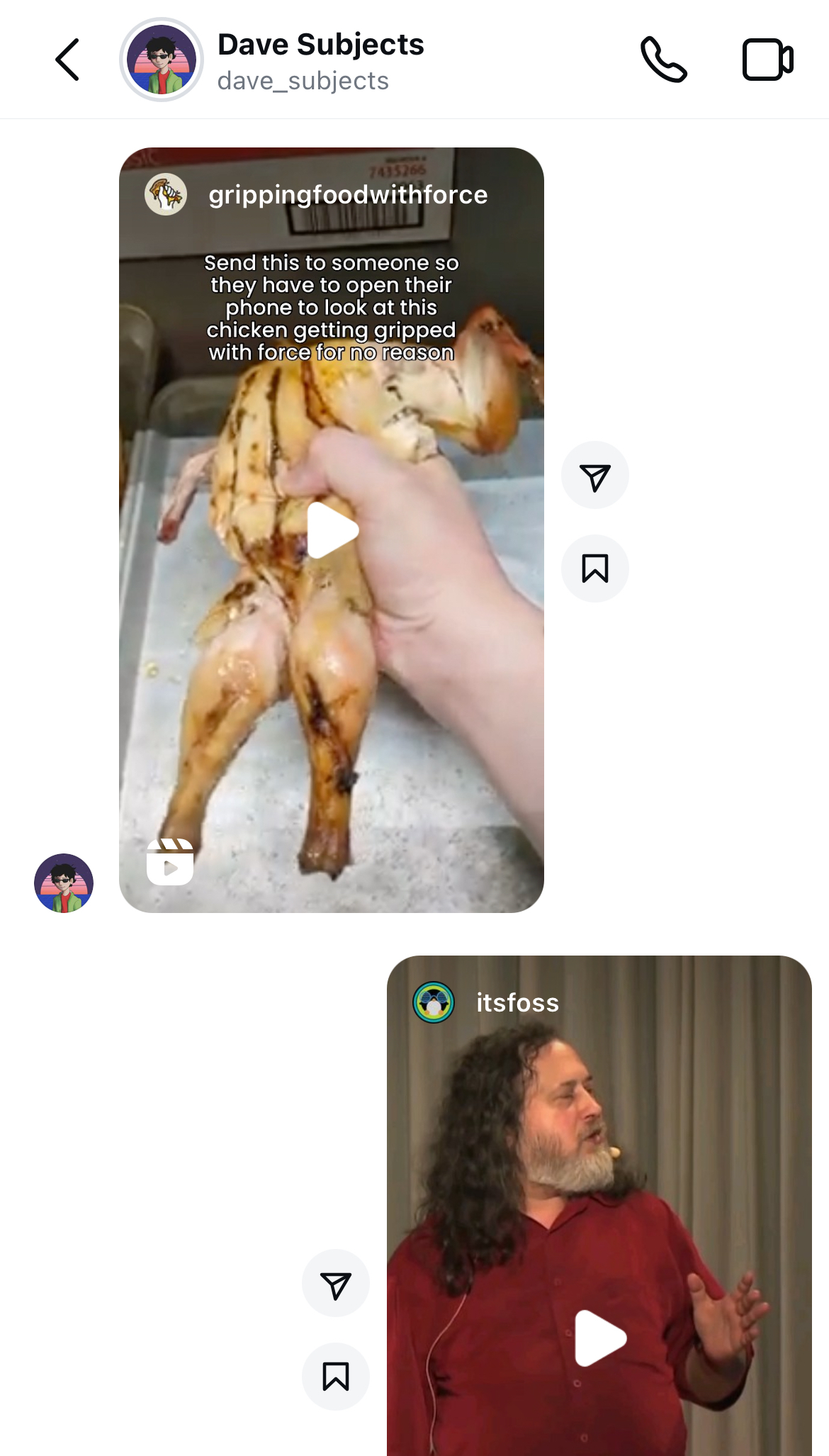Libre Culture
What is libre culture?
Libre culture is all about empowering people. While the general philosophy stems greatly from the free software movement, libre culture is much broader and encompasses other aspects of culture such as music, movies, food, technology, etc.
Some beliefs include but aren't limited to:
- That copyright should expire after a certain period of time.
- That knowledge should be available to people, not locked away.
- That no entity should have unjust control or possession of others.
- That mass surveillance is about mass control, not justice.
- That we can all band together to help liberate each other.
Check out this link for more.
Rules
I've looked into the ways other forums handle rules, and I've distilled their policies down into two simple ideas.
-
Please show common courtesy: Let's make this community one that people want to be a part of.
-
Please keep posts generally on topic
-
No NSFW content
-
When sharing a Libre project, please include the name of its license in the title. For example: “Project name and summary (GPL-3.0)”
Libre culture is a very very broad topic, and while it's perfectly okay for a conversation to stray, I do ask that we keep things generally on topic.
Related Communities
- Libre Culture Memes
- Open Source
- ActivityPub
- Linux
- BSD
- Free (libre) Software Replacements
- Libre Software
- Libre Hardware
Helpful Resources
- The Respects Your Freedom Certification
- Libre GNU/Linux Distros
- Wikimedia Foundation
- The Internet Archive
- Guide to DRM-Free Living
- LibreGameWiki
- switching.software
- How to report violations of the GNU licenses
- Creative Commons Licenses
Community icon is from Wikimedia Commons and is public domain.


